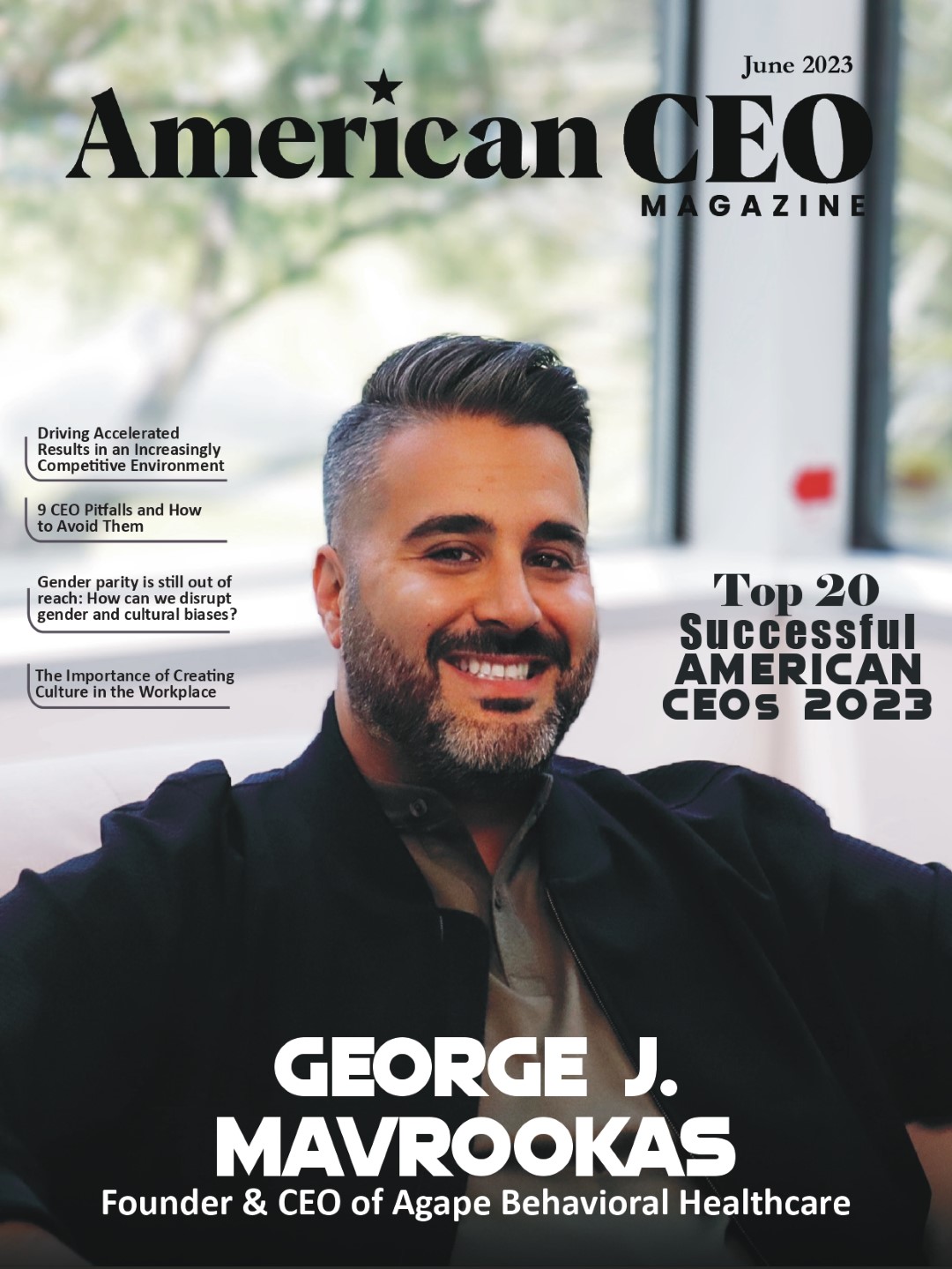Tesla Considering Licensing Full Self-Driving Software to Another Automaker

July 20, 2023: Tesla, the leading electric vehicle manufacturer, is discussing licensing its Full Self-Driving (FSD) driver-assist technology to another significant automaker, as stated by Elon Musk during a recent earnings call. The move to license FSD to other companies aligns with Tesla’s vision of promoting collaboration and accessibility in the automotive industry.
An Open Approach:
Elon Musk emphasized that Tesla is not looking to keep its FSD technology exclusive. On the contrary, the company is eager to share it with others, highlighting its commitment to openness and cooperation. Licensing FSD to competitors has been part of Tesla’s long-term plan, showcasing its willingness to contribute to the advancement of autonomous driving technology.
Unique Features of Tesla’s FSD:
Tesla’s Full Self-Driving system stands out from most automakers’ driver-assist systems, which are usually limited to use on highways. In contrast, Tesla allows its customers to engage FSD on local roads with traffic signals, intersections, and pedestrians. The technology enables the vehicle to control acceleration and deceleration and make turns, including challenging maneuvers like unprotected left turns. Additionally, it recognizes traffic signals and road signs. However, drivers must still pay attention to the road and take control of the vehicle when necessary.
Challenges and Scrutiny:
Tesla’s driver-assist technology has pushed the boundaries of what is considered safe for public roads, attracting attention from federal regulators. The National Highway Traffic Safety Administration (NHTSA) is investigating several crashes involving Tesla vehicles using Autopilot, resulting in injuries and one fatality. These incidents have prompted discussions about possible recalls of Autopilot and FSD features. Tesla has addressed safety concerns and improved its systems through over-the-air software updates.
Influence on Competitors:
Despite challenges, Tesla’s aggressive push for driver-assist features has influenced other automakers to develop their autonomous systems. Several companies, including Ford, GM, Mercedes-Benz, and Volvo, are working on Level 3 autonomous systems capable of controlling vehicles under specific conditions without constant driver input.
Tesla’s Generosity in Tech Sharing:
Tesla’s approach extends beyond just FSD. Last year, the company open-sourced its charging system, known as the North American Charging Standard. This move has led to several significant automakers adopting Tesla’s charging connector for their electric vehicles, promoting excellent compatibility and ease of charging for EV owners.
One-Time FSD Transfer Amnesty:
In an exciting development for Tesla customers, Elon Musk announced a “one-time amnesty” in the third quarter of this year. During this period, Tesla owners can transfer their existing Full Self-Driving subscription to a newer Tesla vehicle. This move addresses a popular request from customers who own multiple Tesla vehicles and ensures that FSD can be seamlessly transferred to the latest models.
Conclusion:
Tesla’s potential licensing of its Full Self-Driving technology represents a step toward greater collaboration and innovation in the automotive industry. By sharing its advanced autonomous driving features and open-sourcing its charging system, Tesla is actively contributing to accelerating sustainable mobility solutions. As discussions continue with other automakers, the future of self-driving technology promises exciting advancements and increased accessibility for customers worldwide.
































